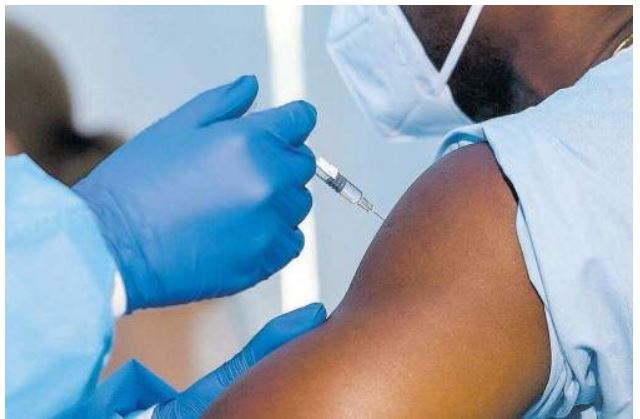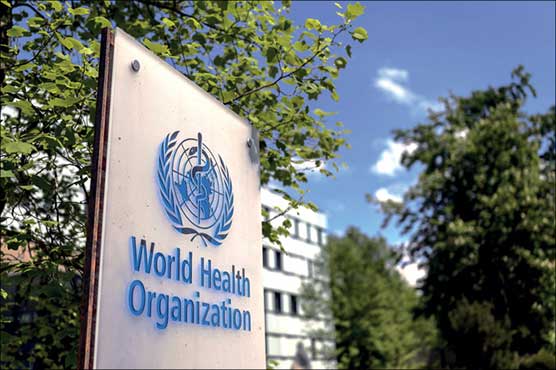This news article is a production distributed through Caribbean News Service. It is made freely available to your media and we encourage publishing and redistribution, giving credit to Caribbean News Service (CNS).
GEORGETOWN, Guyana, Nov 28 2015 – The Pan Caribbean Partnership against HIV & AIDS (PANCAP) says the world including the Caribbean region is now “very optimistic” about ending the HIV/AIDS epidemic by 2030.
In a message to mark World AIDS Day, PANCAP said that this year’s theme “Ending the AIDS epidemic as part of the Sustainable Development Goals (SDGs)”, is aligned to the new PANCAP Vision – An AIDS Free Caribbean and reminds the region of the need to retain the HIV response within the post 2015 global agenda.
World AIDS Day is observed on December 1.
PANCAP said earlier this year countries had the opportunity to adopt 17 goals to end poverty, protect the planet, and ensure prosperity for all as part of a new sustainable development agenda (SDA).
Each goal has specific targets to be achieved over the next 15 years. Three of these goals are relevant to the agenda PANCAP is currently pursuing, namely Good Health and Wellbeing; Gender Equality; and Peace, Justice and Institutions.
PANCAP said that it acknowledges that achieving the SDGs requires the involvement of governments, the private sector, faith based organisations, youth, civil society organisations including key affected populations and every one of us.
“The Caribbean is playing a leadership role in ensuring that HIV and AIDS are retained as key issues on the Post-2015 Development Agenda and in raising awareness of the importance of a holistic, comprehensive approach to health and is therefore aligned to SDG3 – Good Health and Wellbeing.”
It said the Caribbean Regional Strategic Framework on HIV and AIDS (CRSF) 2014-2018 “reminds us that in addition to addressing the social determinants of health, and, of HIV in particular, the critical policy and programmatic nexus between HIV and non-communicable diseases is a growing concern.
“This is particularly salient in light of the demographic transition facing countries, which is evident in the growing number of persons living with HIV, who also have chronic diseases, and in young adults who have been living with HIV since birth and who must now navigate the dual challenges of adolescence and HIV.”
The PANCAP Justice for All programme, led by the United Nations Special Envoy for HIV in the Caribbean, places emphasis essentially on the elimination of HIV-related discriminatory practices, especially as they related to key populations, such as gay men and other men who have sex with men, sex workers, and gender-based violence and child abuse.
“In this regard, the Caribbean must continue the dialogue on HIV and human rights within the context of SDG 16 – Peace, Justice and Institutions.
“The world including the Caribbean region is now very optimistic about ending the epidemic by 2030. This optimism is based on the establishment of the UNAIDS Global targets 90-90-90: 90% of persons living with HIV tested and know their status, 90 percent of those diagnosed with HIV retained on treatment, and 90% on those on treatment achieving viral suppression (with undetectable viral loads), requisite to ending AIDS by 2030.”
PANCAP said that achieving an AIDS Free Caribbean requires greater commitment from everyone.
“It requires advocacy for our governments and private sector to commit to increased domestic investment for national responses including civil society’s.
“It requires our regional development partners to advocate with our donor partners to continue to provide resources to assist our countries to achieve the ambitious global targets 90-90-90. And it requires our collective will,” PANCAP added.




